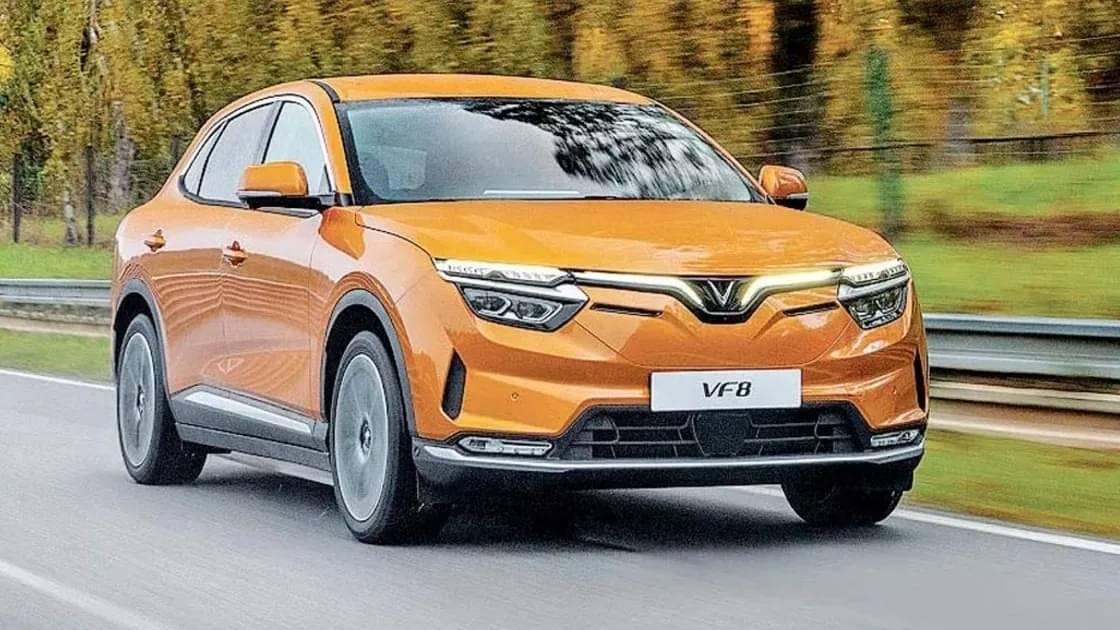Updated February 25th, 2024 at 13:21 IST
VinFast’s collaboration with Tamil Nadu involves an investment of up to $2 billion, with an initial commitment of $500 million for the first five years.
VinFast in Tamil Nadu: VinFast, the Vietnamese electric vehicle manufacturer, has initiated construction on a new factory in Tamil Nadu, India, with plans to commence production by mid-2023. With the hope of the local manufacturing facility coming online, VinFast has appealed to the government to temporarily reduce import duties on its vehicles for approximately two years. This request aims to familiarise Indian customers with VinFast’s products before domestic production fullyamps up.
The proposed reduction in import duties, from the current 100 per cent to around 70 per cent to 80 per cent for a limited number of cars, is intended to facilitate market penetration and acceptance of VinFast’s offerings. Despite opposition from domestic automakers, similar to Tesla’s previous requests, the Indian government is deliberating on the matter, with no decision announced yet.
VinFast’s collaboration with Tamil Nadu involves an investment of up to $2 billion, with an initial commitment of $500 million for the first five years of the project. The manufacturing facility, slated to have an annual capacity of up to 150,000 vehicles, aligns with India’s ambitious goal of achieving 30 per cent electric vehicle penetration by 2030.
Recognising the nascent stage of electric vehicle adoption in India, which accounted for only about 2 per cent of total car sales last year, the government is actively working on initiatives to incentivise EV production and adoption. VinFast, leveraging its experience and success in Vietnam, is set to contribute to India’s burgeoning electric vehicle ecosystem.
Moreover, VinFast is strategically partnering with 55 Indian dealers to establish a robust sales network and is considering the introduction of its two-wheeler models in the Indian market. With its agile approach and commitment to innovation, VinFast aims to capitalise on the evolving automotive landscape in India, positioning itself as a key player in the country’s electric mobility transition.
(With Reuters inputs)

